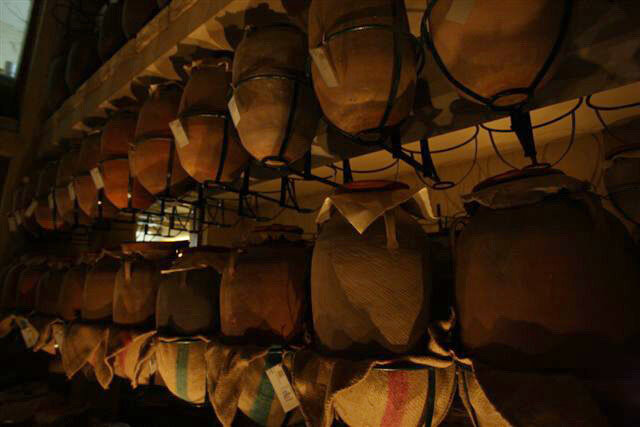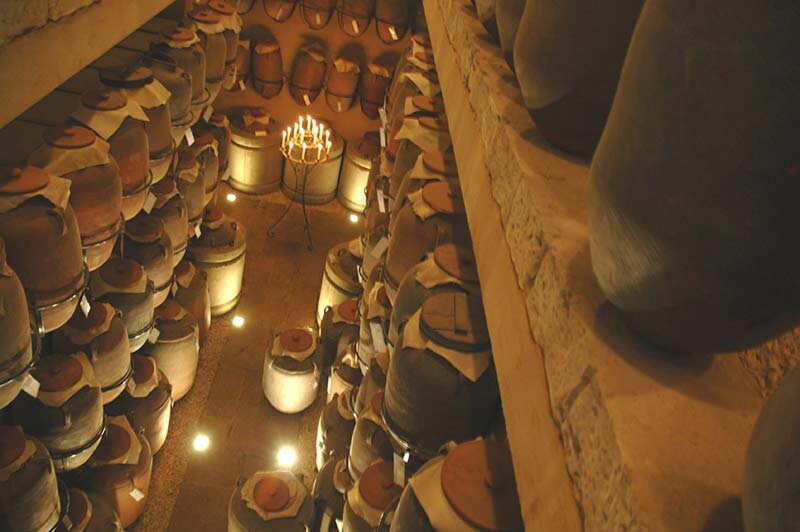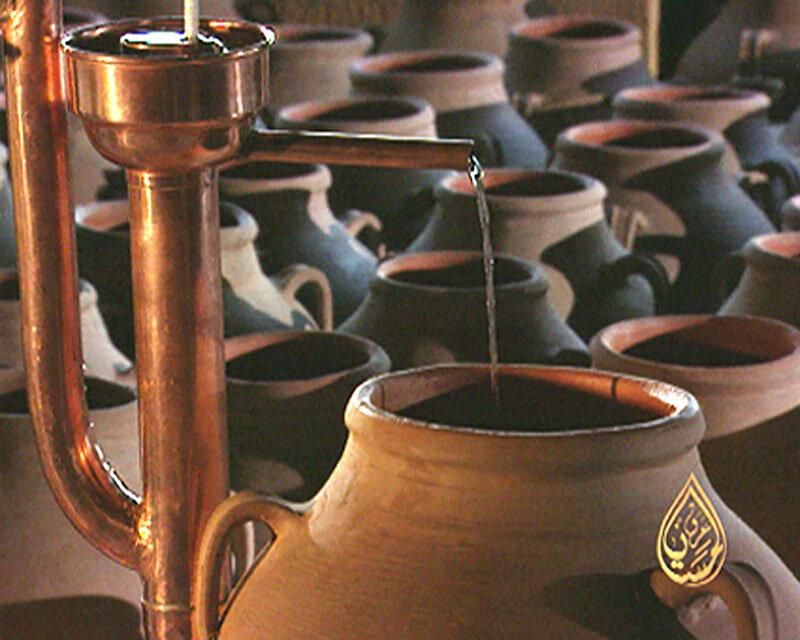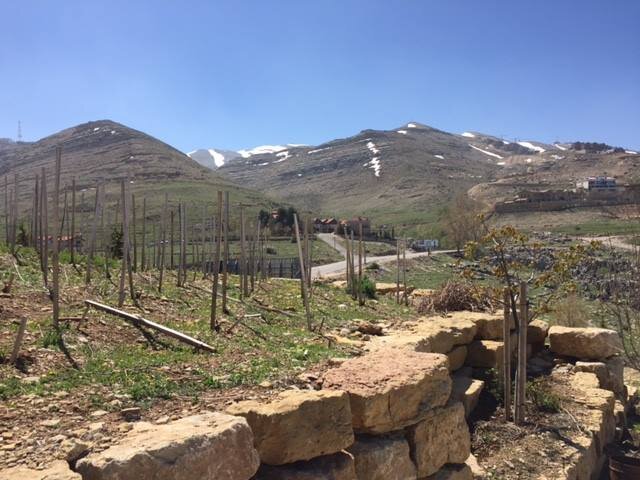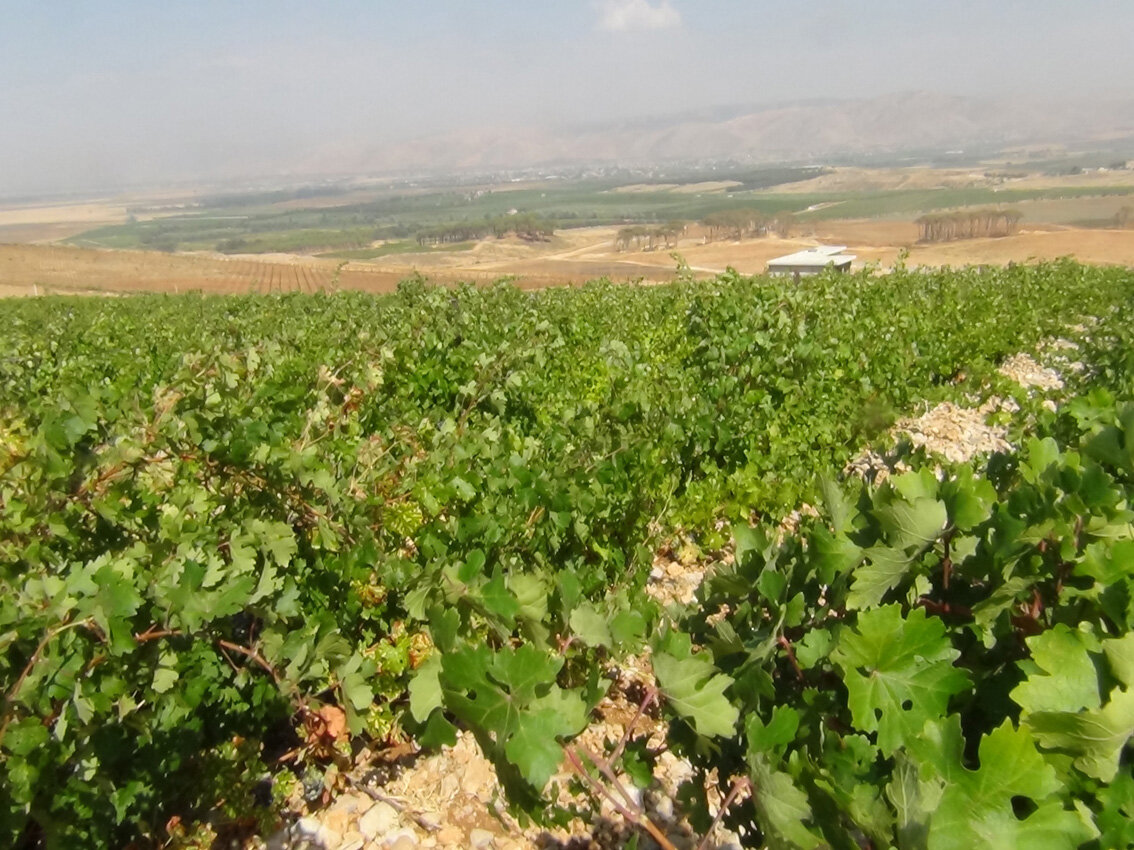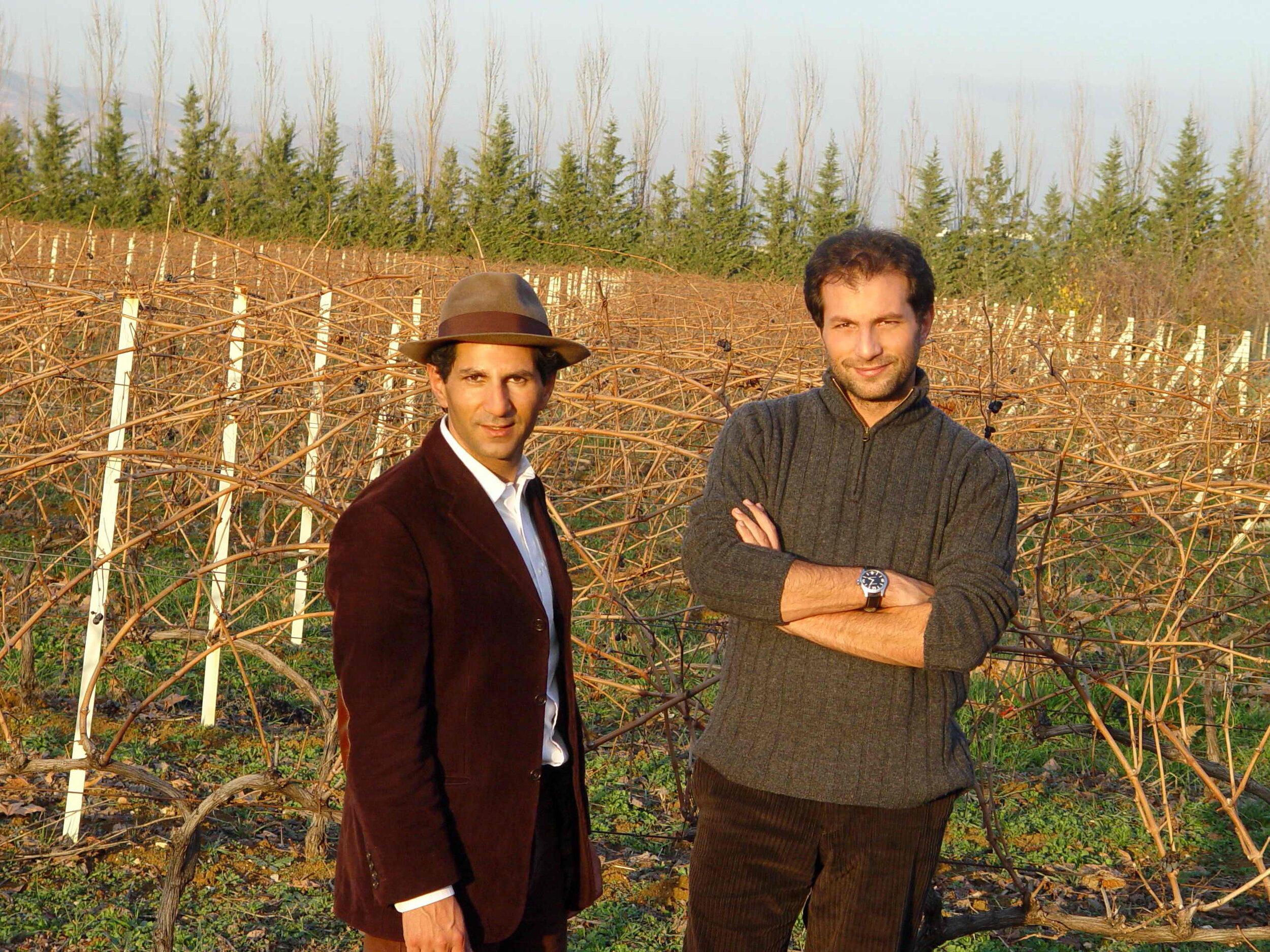lebanon
massaya
At the outbreak of civil war in 1975, the Ghosns fled Lebanon, watching through the windows of the family’s white Volvo as their vineyards, home, and land were left far behind. Sami Ghosn, owner of Massaya, was just 8 years old when his family was forced to flee, but he never forget his heritage. And in 1992, some 17 years later, Sami returned to the Bekaa Valley to reclaim his family’s property. At what is today Massaya’s Tanaïl estate, Sami started producing Arak within just 3 years of his homecoming, quickly distinguishing his tremendous Arak from the slew of chemically-flavored products flooding the market in those times.
Though wine was not a focus at that moment, a chance encounter led Sami to strike up a conversation - and ultimately a partnership - with Dominique Hébrard of Château Cheval Blanc; and Daniel Brunier of Château Le Vieux Télégraphe. Through their combined efforts and vision, Massaya was born in 1998.
The name “Massaya” refers to the time of day when twilight sets on the vineyard and the sky turns purple as the sun sets behind Mount-Lebanon, and the wines of Massaya are as magical as the image to which the name refers. With vineyards 1,700 feet above sea level, the highest in the northern hemisphere; dry farming; the use of indigenous varietals; and an organic/biodynamic approach to winemaking, Sami has dedicated Massaya to producing natural wines that are reflective of both the heritage and land from which they come.
And what a heritage and land this is. The story of Massaya is not complete without understanding that the Phoenicians planted vines in this part of Lebanon some 5,000 years ago, shipping wines to the pharaohs of Egypt and to the Greeks. That viticultural heritage continued and was expanded by the Romans, who 2,000 years ago shared these wines across their empire and built the Temple of Bacchus in Baalbek, about 25 miles northwest of Massaya’s Bekaa estate. Bacchus was the Roman god of wine, and the location for the temple was no coincidence — even then, the Bekaa Valley’s wines were renowned, and it is believed that Lebandon was the first commercial wine center in the world.
With the weight of that history in mind, Sami, along with the great Serge Hochar of Chateau Musar, served as the catalysts for the renaissance of the Lebanese wine tradition, literally putting their lives on the line for their grapes, fighting to show the world that there was more to Lebanon than war — that Lebanese wine was a product of millennia, that it was about culture and identity.
But perhaps the essence of Massaya is best summed up by the late Anthony Bourdain, who proclaimed during his visit to Massaya in 2010, “these are the wines that make me happy to be alive, drinking a glass or two.”


